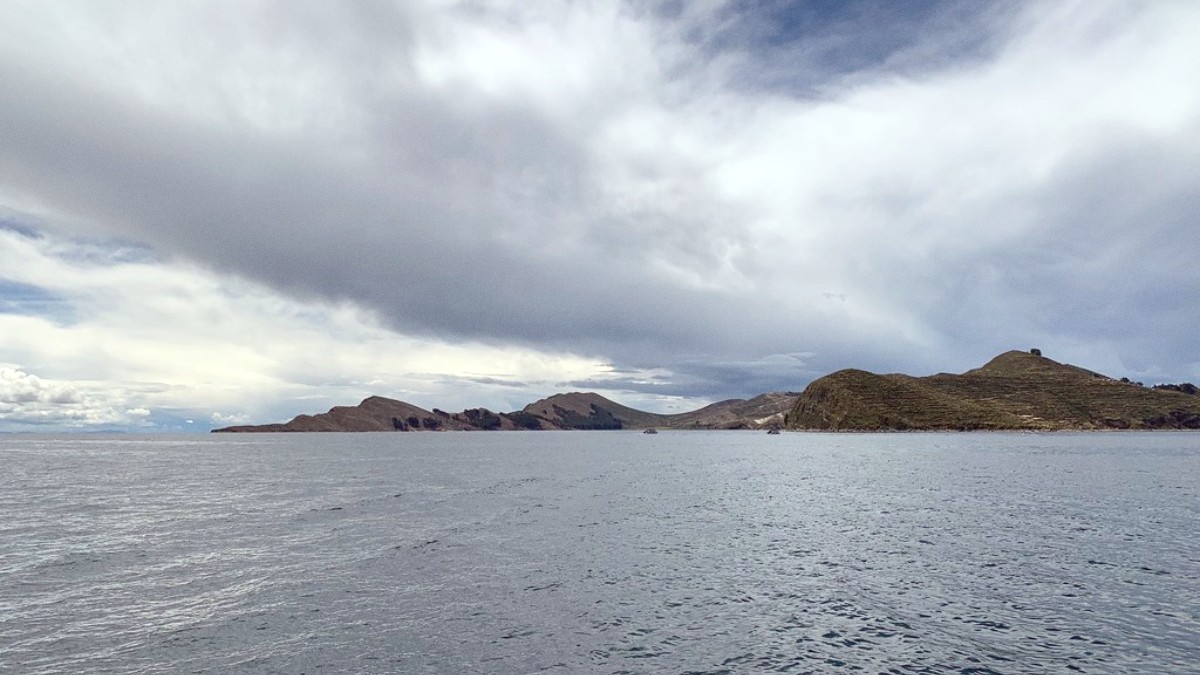
Bolivia
The main mobile phone providers in Bolivia are Entel, Tigo, and Viva. Entel generally holds the most extensive coverage, including limited service on Isla del Sol.
Wi-Fi access is very limited on Isla del Sol. Some guesthouses in Yumani might offer Wi-Fi, but it is often slow, unreliable, and prone to outages.
Spanish serves as the official language. English is limited, especially outside major tourist hubs like La Paz.
Making an effort to speak a few words of Spanish is always appreciated by locals.
Even if your Spanish is limited, making an effort to speak a few words is always appreciated by locals. This simple gesture often fosters positive interactions.
These local shops, selling basic provisions, generally operate long hours, often from 8:00 AM to 9:00 PM. Some may observe a short midday break (siesta).
Open for lunch (Almuerzo) from roughly 12:00 PM to 2:00 PM. They reopen for dinner (Cena) from about 7:00 PM to 9:00 PM. On Isla del Sol, dinner service might end earlier.
Staff at guesthouses are usually available throughout the day to assist guests, especially during arrival and departure times, ensuring a smooth stay.
No banks or ATMs exist on Isla del Sol. All transactions on the island call for cash payments.
Bolivia observes numerous public holidays, which can be national, regional, or religious.
If traveling during the low season, consider booking ahead or calling to confirm availability of services. This helps avoid unexpected closures.
Interacting respectfully with the local Aymara communities makes for a more positive experience on Isla del Sol.
Always greet people when entering a shop, restaurant, or approaching someone. Handshakes serve as a common greeting.
Modest and practical clothing is most suitable for Bolivia. Avoid overly revealing clothes, notably in rural settings.
Tipping is not mandatory but gains appreciation for good service, specifically in more tourist-oriented restaurants.
Always prioritize asking for permission before photographing people. A simple "¿Puedo tomar una foto?" (May I take a photo?) shows politeness.
Observe how locals interact; this often provides the best way to understand and adapt to local customs and social norms.
Isla del Sol's challenging terrain makes it largely inaccessible for travelers with significant mobility challenges.
Isla del Sol's terrain is rugged, with steep, uneven paths and ancient stone steps.
No specialized accessible attractions exist on Isla del Sol.
No specialized services are available on the island for travelers with visual impairments.
Similarly, no specialized services cater to travelers with hearing impairments on Isla del Sol.
Limited specific resources exist for accessible travel in Bolivia, notably for remote, challenging destinations like Isla del Sol. Thorough research and direct communication with guesthouses are advisable for any traveler with specific needs.